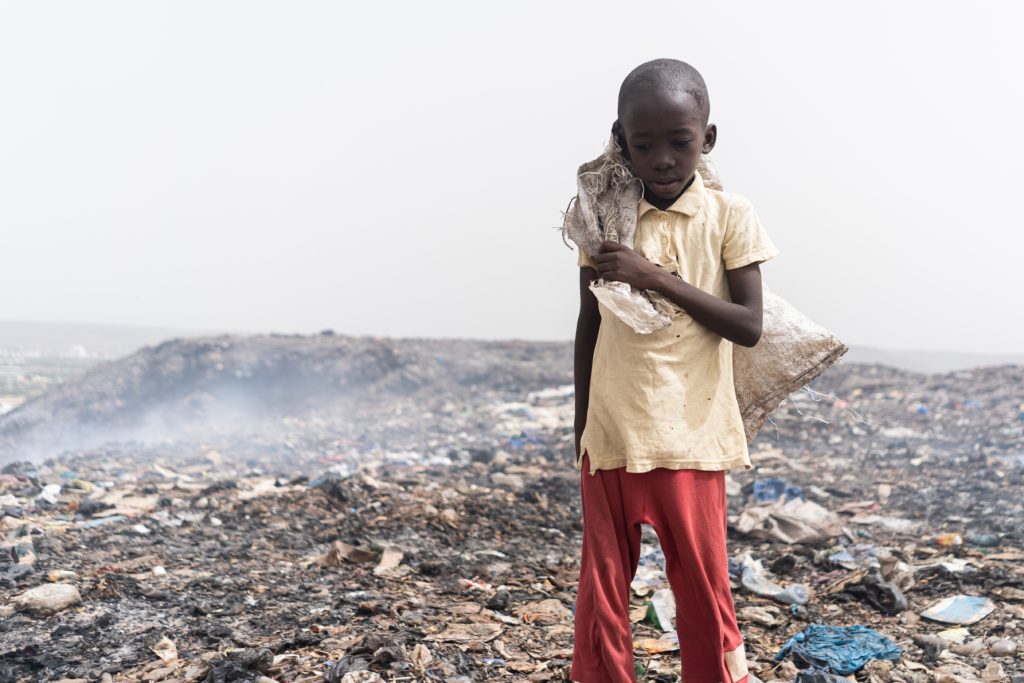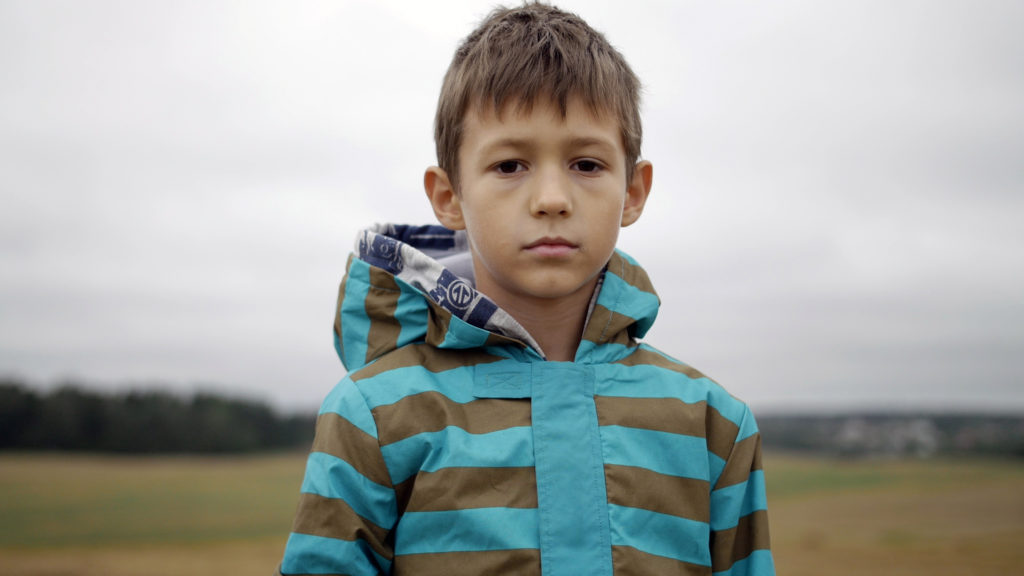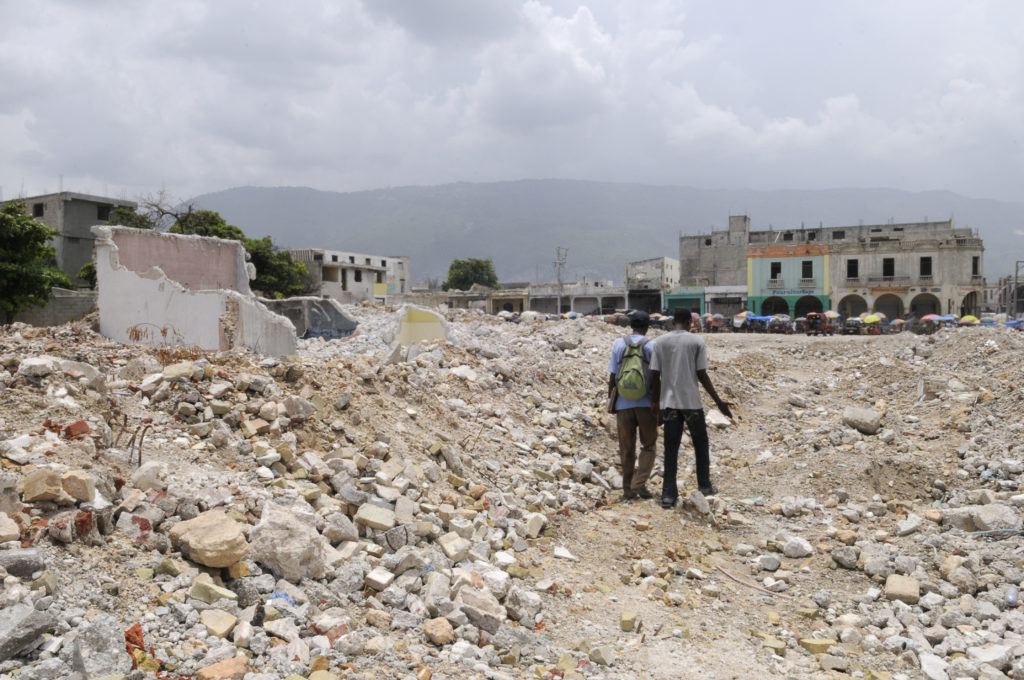It is estimated that there are around 147 million orphans in the world (Shawar and Shiffman, 2023). While this is a documented statistic, there lies a general fear that the actual number could be even higher. These young individuals face several difficulties as they deal with grief, unpredictability, and a bleak future. Their vulnerability and proneness to various challenges make them in need of extra care and support.

Understanding the definitions
Traditionally, a child who has lost one or both parents to death is referred to as an orphan. In modern discourse, however, the meaning has broadened to include children who have been deprived of parental care for a variety of causes, such as abuse, abandonment, or circumstances in which parents are unable to give sufficient care. The expanded definition underscores the need for all-encompassing solutions by reflecting the complex and varied situations that result in children becoming orphans.
Numbers and regions affected
Recognizing the number of orphaned children in the world is crucial for policymakers, organizations, and communities to develop targeted interventions, allocate resources effectively, and advocate for policies that address the specific needs of one of the most vulnerable populations. Precise figures can be challenging to ascertain due to differences in reporting methodologies across countries, but, as previously mentioned, estimates show that there are approximately 147 million orphans globally.
Regionally, sub-Saharan Africa bears a disproportionate burden, with a significant number of orphans after the HIV/AIDS epidemic, with harsh realities like hunger and other poverty-related causes affecting them(Nar, 2021). Asia, particularly South Asia and Syria, also faces a substantial orphan population due to factors such as poverty, conflict, and natural disasters (Nar, 2021). In Latin America, the Caribbean, and Eastern Europe orphans are affected with challenges that include political instability and economic disparities.
International and legal frameworks
An extensive web of international laws and agreements that put orphans’ rights and welfare first protects them. A key treaty that outlines the fundamental rights of children, including those who have lost parental care, is the United Nations Convention on the Rights of the Child (United Nations, 1989). It underlines that all (orphaned) children, regardless of their color, country, or circumstances, have the right to protection, acceptable standards of living, education, and healthcare.
In addition, United Nations Guidelines for the Alternative Care of Children aim to improve the enforcement of the Convention on the Rights of the Child and corresponding sections of other global agreements concerning the safeguarding and welfare of children without parental care or who are susceptible to such circumstances (United Nations, 2009). These guidelines are to guarantee two key aspects: firstly, minimizing instances where children are placed in alternative care when unnecessary, and secondly, ensuring that any out-of-home care offered aligns with the rights and unique requirements of each child involved.
The Hague Convention on Protection of Children and Cooperation in Respect of Intercountry Adoption is another legal instrument that has been introduced with the goal to guarantee that orphans’ best interests are always put first during intercountry adoption procedures (Hague Conference on Private International Law, 1993). This treaty aims to ensure that intercountry adoptions are in the best interests of the child and to prevent abduction, sale, or trafficking of children.
The causes of orphanhood worldwide
The orphan crisis is a complex phenomenon shaped by a web of interconnected factors that span social, economic, natural, and health dimensions. Bearing this in mind, it is possible to identify several interconnected factors adding to the orphan crisis, some of them being more global, and some of them affecting certain parts of the world more than others.
Poverty

Poverty is a large contributor to orphanhood, disproportionately affecting families in economically disadvantaged regions and communities all around the world. Impoverished circumstances contribute significantly to the vulnerability of children, leading to family structures breaking down due to the inability to meet basic needs. In many developing countries, the lack of access to healthcare, education, and essential resources perpetuates a cycle of poverty that leaves children orphaned, either due to the loss of parents to preventable diseases or the challenges arising from dire economic conditions.
Abandonment and child abuse
Abandonment occurs when parents, for various reasons, sever their caregiving responsibilities, leaving children without the necessary familial bonds for growth and stability. Whether driven by economic hardships, illness, or personal struggles, this abandonment can force children into situations where they lack the necessary support structures, increasing their vulnerability to the perils of life.
Similarly, abuse, whether physical, emotional, or sexual, creates an environment of harm and danger for children. In cases of severe abuse, intervention by child protection agencies may lead to the removal of children from their homes to ensure their safety, thereby resulting in orphanhood. Both abandonment and abuse dismantle the protective foundation that a family is meant to provide, plunging children into circumstances that compromise their well-being and development.
Armed conflict and political instability
The number of orphaned children is strongly linked to armed conflicts and political instability in countries plagued by protracted conflicts, such as South Sudan, Afghanistan, and Syria. An example to illustrate the issue is the Syrian crisis, which has been going on since 2011, and has caused large numbers of people to die or become internally displaced and refugees. While the precise number of orphans in Syria is unknown because of the constant migration of refugees, it is estimated that the war left about a million children orphaned (Nar, 2021).

Similarly, a considerable orphan population has also stemmed from Afghanistan’s long history of violence and political unrest, while South Sudan’s internal conflict has not only resulted in the loss of parents but has also created an environment in which children are more likely to be recruited into armed groups and continue the vicious circle of violence and the loss of life and childhood.
Health epidemics
Diseases, particularly infectious ones, stand as significant contributors to the tragic phenomenon of orphanhood as well. Among these diseases, HIV/AIDS has been a particularly devastating force.
According to the data, in 2022 there were around 14 million children around the globe orphaned due to AIDS-related deaths (Our World in Data, 2023). The same data states that the countries with the highest number of orphans who lost their parents due to AIDS/HIV are Mozambique, Tanzania, South Africa, Zambia, the Democratic Republic of Congo, Botswana, and Namibia.
The loss of parents due to AIDS-related illnesses not only results in immediate emotional and financial hardships for children but also perpetuates a cycle of vulnerability. Children orphaned by AIDS often face increased stigma, discrimination, and limited access to essential services.
Additionally, the global COVID-19 pandemic has added a new layer of complexity to the orphan crisis. While the exact numbers are yet to be established, according to some studies, more than 1.5 million children under the age of eighteen have seen COVID-19 claim the lives of their parents, grandparents, or carers by the end of April 2021 (Chu et al, 2022).
Natural disasters
Natural disasters serve as tragic precursors to the surge in orphanhood, leaving devastation in their wake and disrupting the lives of countless families. One among many poignant examples is the 2010 earthquake in Haiti.

The earthquake in Haiti was a catastrophic event that led to widespread destruction, with an estimated 220,000 people losing their lives, and around 1.5 million becoming homeless (United Nations, 2022). The exact number of children who became orphaned due to the catastrophe has not been precisely determined to this day, but the numbers range from tens (Laillet, 2020) to hundreds of thousands of children (Arce and O’Brien, 2011), adding to a previously already critical situation of orphanhood in Haiti.
The far-reaching consequences of orphanhood
The consequences of children becoming orphans extend far beyond the immediate loss of parental care.These can have lasting impacts on the physical, emotional, and social well-being of orphaned children.
Education is often gravely impacted by orphanhood, as children may face disruptions or complete discontinuation of their schooling due to the instability caused by the loss of parental guidance. The lack of financial support and parental involvement can hinder educational attainment, perpetuating a cycle of limited opportunities for these vulnerable children.
Shelter becomes a pressing concern for orphans as well. The absence of a nurturing family setting can expose them to the risks of homelessness or inadequate living conditions, jeopardizing their overall well-being and development. The challenges in securing basic needs such as food, clothing, and a safe living space amplify the hardships that many orphans encounter daily.
Health protection is compromised as well, with orphans facing increased vulnerability to diseases, malnutrition, and inadequate healthcare. The absence of parental oversight and guidance can result in neglect of essential health practices, exacerbating their susceptibility to various health risks.
Orphaned children are also at heightened risk of falling prey to child trafficking, especially in poor areas. Traffickers exploit the absence of protective family structures, subjecting orphans to forced labor, sexual exploitation, or other forms of abuse, perpetuating a cycle of victimization. Similarly, orphanhood also increases the likelihood of both sexual and physical abuse as the absence of parental protection and guidance leaves them exposed to potential predators who may exploit their vulnerability.
From a psychological perspective, the loss of parental figures and a stable family environment can trigger feelings of abandonment, loneliness, and a pervasive sense of insecurity. Orphans often contend with identity struggles, as the absence of familial connections hampers their sense of belonging and self-worth.
The trauma associated with orphanhood can manifest in various ways, leading to issues such as anxiety, depression, and post-traumatic stress disorder. Additionally, the lack of consistent emotional support may hinder the development of coping mechanisms, resilience, and the ability to form trusting relationships.
Working together on transforming orphans’ lives
Despite the myriad challenges that orphans face, there is hope for a brighter future as communities and organizations around the world increasingly recognize the importance of providing support and care for these vulnerable children. International organizations work tirelessly to implement the above mentioned regulations and provide support to orphaned children worldwide. At the same time, all governments should establish and enforce laws that protect their rights, including laws related to adoption, child welfare, and child labor.
Keeping in mind how important it is for a child to live and develop within a nurturing family structure, governments should facilitate this by prioritizing family-based care options such as foster care and kinship care, ensuring that orphaned children have the opportunity to grow up in loving and nurturing environments.
Additionally, governments can provide financial assistance, counseling services, and legal support to families and the children’s relatives willing to provide care for them, thus strengthening the family unit and promoting the well-being of these vulnerable children.

Furthermore, NGOs can provide psychosocial support and counseling to help orphaned children cope with their loss and overcome any trauma they may have experienced. They can also help with providing immediate shelter and care for orphaned children when needed, as in cases of natural disasters and armed conflicts.
Finally, every individual can contribute to bettering the situation for orphans by supporting organizations dedicated to their welfare, volunteering time and skills, and fostering a compassionate and inclusive society that prioritizes the well-being of all children. Through collaborative efforts, we can create a more hopeful and supportive environment, ensuring that every orphan has the opportunity to lead a fulfilling and empowered life.
Written by Zeljka Mazinjanin
Internally proofread by Aditi Partha
Last updated on February 18, 2024
Bibliography:
Cansu Nar (2021), 2021 Orphan Report. Retrieved from iHH, available at https://ihh.org.tr/public/publish/0/152/insamer-2021-yetim-raporu-eng-200425-n.pdf, accessed on January 19, 2024.
Chu et al (2022), Children orphaned by COVID-19: A grim picture and the need of urgent actions. Retrieved from National Library of Medicine, available at https://www.ncbi.nlm.nih.gov/pmc/articles/PMC9439863/#bib6, accessed on January 19. 2024.
Hague Conference on Private International Law (1993), Convention on Protection of Children and Cooperation in Respect of Intercountry Adoption. Retrieved from Hague Conference on Private International Law ,available at https://www.hcch.net/en/instruments/conventions/full-text/?cid=69, accessed on February 13, 2024.
Our World in Data (2023), Children orphaned due to AIDS deaths, 1990 to 2022. Retrieved from Our World in Data, available at https://ourworldindata.org/grapher/number-of-children-orphaned-from-aids, accessed on January 19. 2024.
Rose Arce and Soledad O’Brien (2011), Most have homes, but some Haitian orphans still in shelters. Retrieved from CNN, available at http://edition.cnn.com/2011/US/01/11/haiti.us.orphans/index.html, accessed on January 23, 2024.
United Nations (1989), Convention on the Rights of the Child. Retrieved from OHCHR, available at https://www.ohchr.org/en/instruments-mechanisms/instruments/convention-rights-child, accessed on February 13, 2024.
United Nations (2009), Guidelines for the Alternative Care of Children. Retrieved from United Nations Digital Library, available at https://digitallibrary.un.org/record/673583, accessed on February 13.
United Nations (2022), UN marks anniversary of devastating 2010 Haiti earthquake. Retrieved from UN News, available at https://news.un.org/en/story/2022/01/1109632, accessed on January 23, 2024.
Valerie Laillet (2020), Child victims of Haiti earthquake find hope at orphanage with Canadian ties. Retrieved from Global News, available at https://globalnews.ca/news/6402777/child-victims-haiti-earthquake-canadian-orphanage/, accessed on January 23, 2024.
Yusra Ribhi Shawar and Jeremy Shiffman (2023), Global priority for the care of orphans and other vulnerable children: transcending problem definition challenges. Retrieved from BMC, available at https://globalizationandhealth.biomedcentral.com/articles/10.1186/s12992-023-00975-0, accessed on January 19, 2024.

